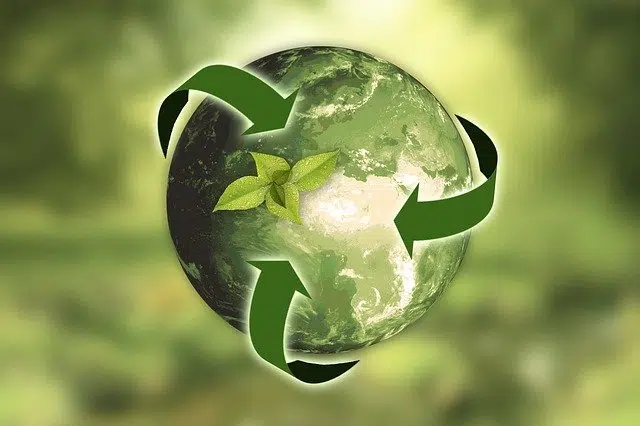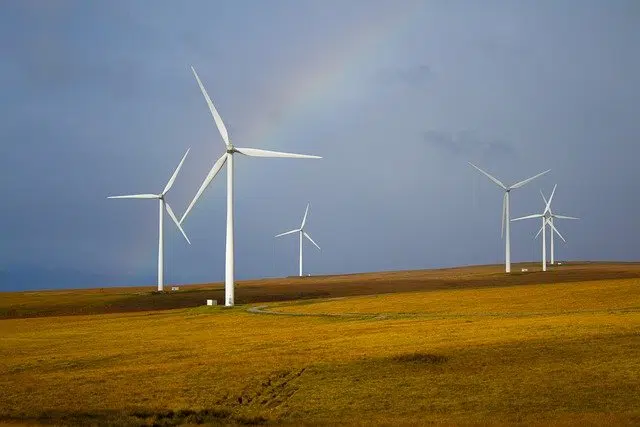
Something sustainable can be maintained and reproduced by its own conditions.
The adjective sustainable refers to something that is capable of being conserved or reproduced due to its own characteristics , without the need for external intervention or support. The term can be applied to various issues: production methods, economic processes, etc.
When talking about sustainable development , for example, mention is made of the possibility of making a region grow from the exploitation of its resources, without said exploitation leading to putting the future existence of the resources in question at risk. Sustainable development also contemplates that growth is achieved without interference from outside.
Characteristics of sustainable development
If a country bases its economic development on credits granted by another nation , it will not be possible to speak of sustainable growth because the possibility of maintaining the conditions is not in its hands.
The same would happen if the country grows from overexploitation of its non-renewable natural resources: sooner or later, growth will be interrupted. That is why sustainable development is that which is achieved without harming the environment and without putting at risk the development possibilities of future generations.
From energy to tourism
It is possible to speak of sustainable energy when energy sources can be renewed and, therefore, there is no risk of their depletion. An energy system based on wind energy or solar energy will be sustainable, unlike one that relies on fossil fuels.
Sustainable tourism , for its part, consists of tourist activity whose environmental footprint is reduced or zero. A trip that includes bicycle trips, walks to discover the attractions of the place and overnight stays in an establishment equipped with solar energy may be included in this type of tourism .

Wind energy is sustainable since it has no risk of running out.
Sustainable agriculture
The concept of sustainable agriculture is synonymous with organic farming and focuses both on making crops economically viable and on non-renewable resources being used as efficiently as possible, opening the doors to nutritious foods that improve quality. of life of all the people who consume them, starting from the farmers themselves.
A farm where sustainable agriculture is practiced is also a recycling center, since manure and crop residues can be converted into fertilizers, as well as rainwater, the source of sustenance for the irrigation system.
Recommended agricultural practices
One of the most recommended practices is crop rotation, a system as simple as it is ancient that serves mainly to keep the soil healthy. In short, each crop is intended to collaborate with the recovery of soil nutrients that the previous one has depleted. This method has many benefits, such as reducing pests, more effectively controlling weeds, and preventing disease transmission.
Another very beneficial practice that is associated with sustainable agriculture is the diversity of crops, with the consequent prevention of pests and diseases. One option is simply to plant varieties of the same species. In any case, greater resistance to potential attacks and less need to resort to pesticides is obtained.
On the other hand, there is pest control through a system that allows them to be identified and distinguish between those that should be eliminated and those that should not be eliminated. It is worth mentioning that some do not significantly damage crops, so investing large sums of money and infrastructure to combat them is not usually economically viable. Additionally, it is important to learn how to prevent its onset rather than simply reacting once the attack has begun; For this, the two aforementioned methods are very useful along with a choice of crops based on their resistance to pests.
